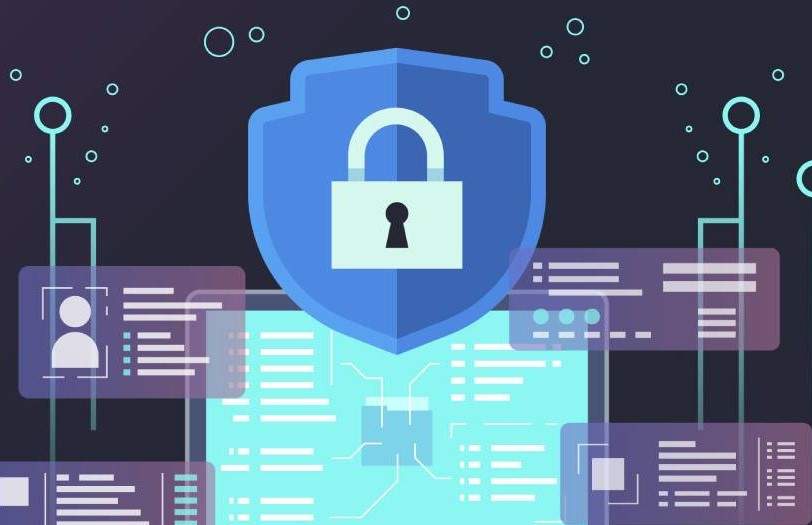Hello!
 The whole world’s desk workers were forced to log in remotely for well over a year. And even though many people are able to return to their offices and commence life as normal – depending on where you live, of course – it’s turned into somewhat of a permanent fixture.
The whole world’s desk workers were forced to log in remotely for well over a year. And even though many people are able to return to their offices and commence life as normal – depending on where you live, of course – it’s turned into somewhat of a permanent fixture.
Companies everywhere have realized that the output they need is still delivered without putting bums on seats. This has led to the decision for many businesses to allow their employees the chance to continue working from home if they wish to, at least until the world returns entirely to normal.
Employees are generally happier, they have more time to spend with their families, and there are no more long commutes or fighting through rush hour traffic.
 It’s fair to say that plenty of businesses were already prepared for this, whether they had existing work from home policies in place or not. Protecting sensitive company data is important, so a beefed-up cybersecurity framework has long been essential.
It’s fair to say that plenty of businesses were already prepared for this, whether they had existing work from home policies in place or not. Protecting sensitive company data is important, so a beefed-up cybersecurity framework has long been essential.
However, not all employees will understand the ways that they can jeopardize their company’s network, or just how simple it can be to let hackers in. Increased reliance on technology makes us even more vulnerable to cyber attacks anyway, but staff working from home only serves to make this more likely.
Keep reading to learn just how vulnerable the WFH movement makes the cybersecurity of organizations the world over and check this article about WFH only.
The Risk Of Phishing Emails
For anyone that’s unaware of phishing schemes, the term simply refers to an engineered form of communication that’s designed to spoof the receiver into handing over account access to steal sensitive data.
Phishing is a real problem, even for those that are aware of it, because the fake correspondence is often so sophisticated in its design that anyone caught dropping their guard could fall foul of it.
Though they’re often targeted at people’s banking companies or social media accounts, if a hacker were able to gain access to your work email, they could quickly steal both company data and that belonging to your customers.
Weak Or Repeat Passwords
 A hacker has a much easier chance of guessing your password than they do at bypassing an elaborate cybersecurity network. Think about it, why bother trying to get around firewalls and VPNs when you can simply guess the most commonly used passwords out there?
A hacker has a much easier chance of guessing your password than they do at bypassing an elaborate cybersecurity network. Think about it, why bother trying to get around firewalls and VPNs when you can simply guess the most commonly used passwords out there?
Some hackers will create code that cycles through a huge list of the most common passwords to continuously try and hack your account. Plus, if you’re using an old password or the same one for such a long period of time, there’s always the chance that someone could be aware of it.
Not routinely changing your password and ensuring that they’re complex enough could cause problems for your company when working from home.
Also read:
- Future Model for Technology and Social Trends
- 5 for Properly Writing Patient Care Reports
- Top 5 Gains from Predictive Marketing Analytics
Public Wi-Fi Zones
Your own home Wi-Fi is likely not all that safe to begin with, so think about ways that public Wi-Fi can leave your company’s network unprotected. Whether you’re at a cafe, on a train, at the airport, or staying at a hotel, the sensitive data you’re transmitting is wide open to hackers. And it’s not hard for them to see who’s connected to it, either.
 They need only position themselves between your device and connection in order to distribute malware that can infect your company’s entire network. Sending confidential files and accessing shared networks should be out of the question unless you can vouch for your device’s protection.
They need only position themselves between your device and connection in order to distribute malware that can infect your company’s entire network. Sending confidential files and accessing shared networks should be out of the question unless you can vouch for your device’s protection.
Insecure, Personal Devices
Companies that can afford to will likely give devices to their employees that come pre-loaded with a suite of cybersecurity tools. Anyone that’s using their own equipment, whether it’s laptops, phones, or desktops, is inadvertently putting the company’s network at risk.
In all seriousness, people that are asked to use their own devices likely aren’t armed with the knowledge of what’s needed to safeguard company data and shouldn’t be the ones to blame here.
If this is a requirement of employees, a business should at least be doing its part. That means making sure these devices have the latest VPN, firewall, and other types of encryption necessary to responsibly connect to shared drives.
Thank you!
Join us on social networks!
See you!






